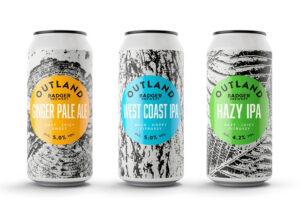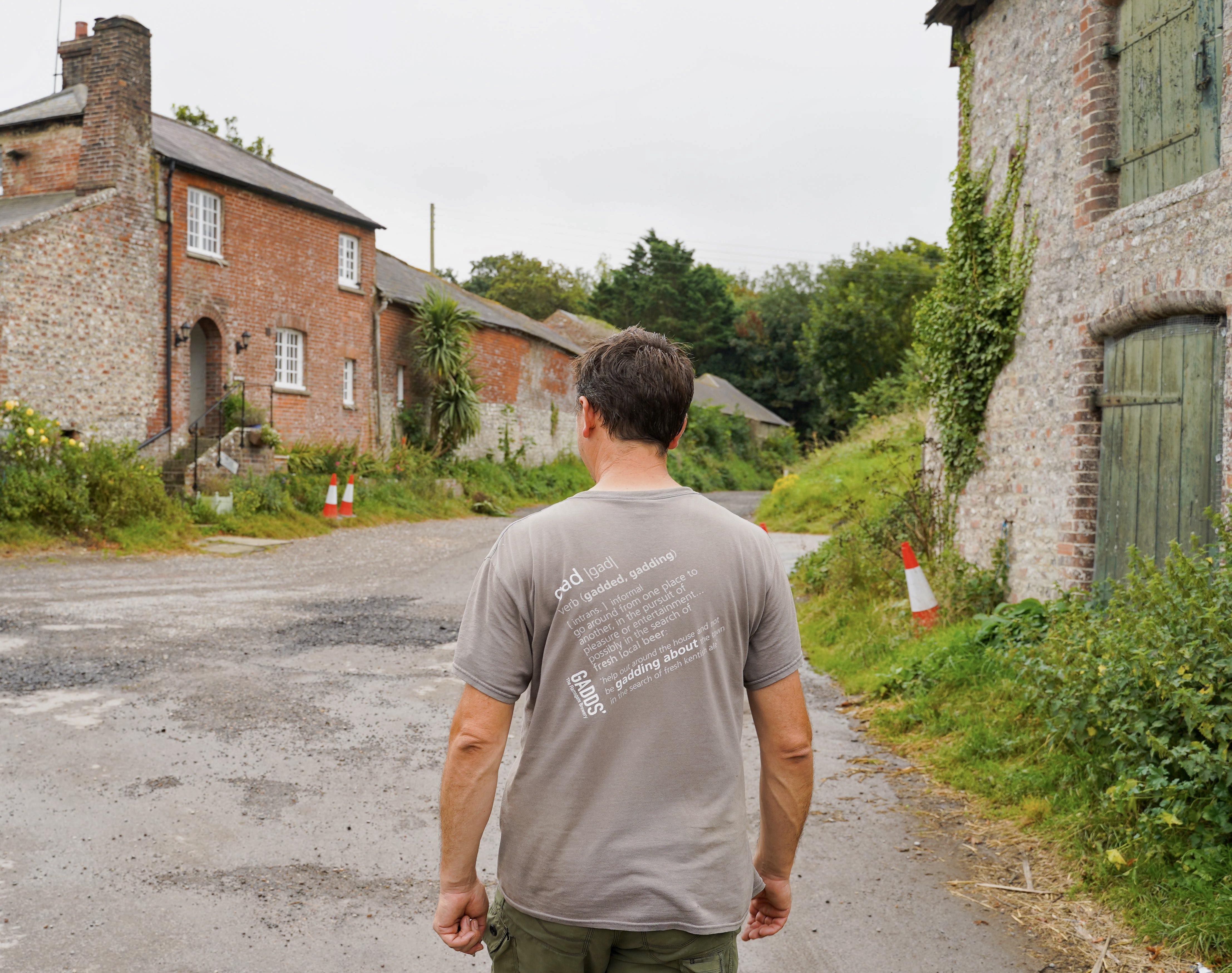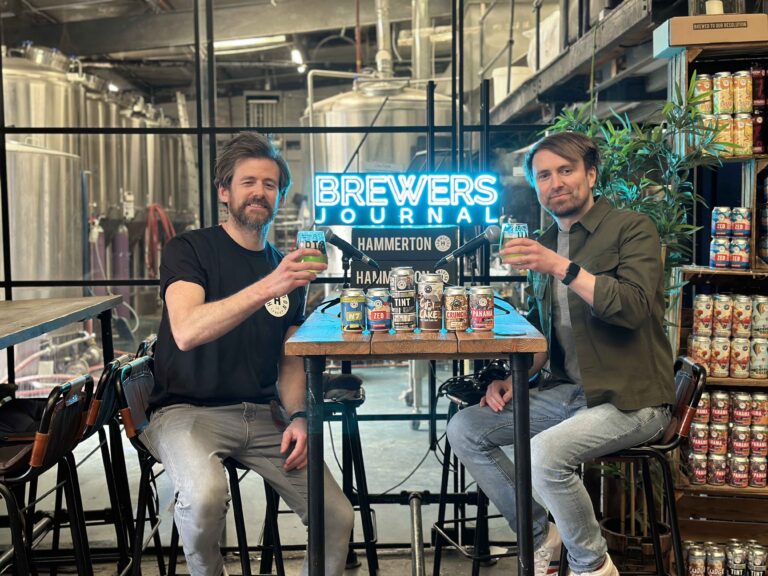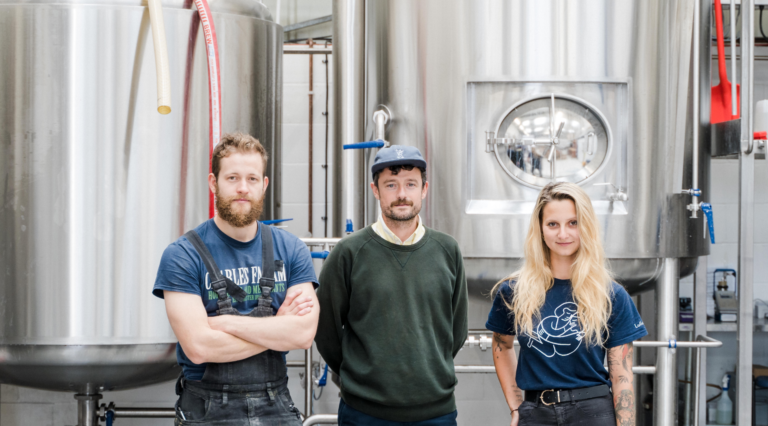With a plethora of beer competitions to choose from which ones should brewers enter and why. Lotte Peplow, Brewers Association American Craft Beer Ambassador for Europe takes a deep dive into the latest World Beer Cup®.
There are many international beer competitions but none so big as the World Beer Cup® (WBC), organised by the Brewers Association, the not-for-profit trade association representing small and independent American craft breweries, which this year attracted 10,213 entries from 2,376 breweries and 51 countries.
Established in 1996 and now annual, it’s the largest and most competitive beer competition in the world. A panel of 272 judges from 26 countries evaluated entries over 18 sessions and nine days with the third and final phase taking place in Nashville, TN alongside Craft Brewers Conference and BrewExpo America®.
Having recently judged my first World Beer Cup I was blown away by the integrity of the competition, the efficiency of the operation and the professionalism of my fellow judges. Co-ordinating more than 10,000 entries is a major logistical and organisational challenge but the Brewers Association, with new competition director Chris Williams competently at the helm, pulled it off with aplomb. Here’s how it’s done…
Volunteers
The behind-the-scenes operation is a well-oiled machine that runs like clockwork thanks to an army of highly efficient volunteers (175 in total) from the local beer enthusiast community, with the exception of those from local breweries in case integrity is compromised. Each judging table is assigned a table captain and two stewards who appear like magic exactly when the next samples are needed. They’re responsible for pouring the beer into tasting cups, labelling them correctly, delivering to the judges’ tables at the appropriate time and returning the entry summary sheets to the organisers They check and re-check entries to ensure correct representation.
Organisation
The attention to detail is an impressive hallmark of the competition. Judging is 100% blind and a beer that makes it through multiple rounds is never given the same entry number twice to maintain anonymity. Judges are advised to wash clothes in unscented washing powder ahead of arrival and use neutral soap, hand-wash, deodorant etc. In fact, judges should smell of nothing! Phones are banned at the judging table and advice is even given regarding media requests and how to handle them. More delicate beer styles that might degrade rapidly are judged first during phase 1 and 2 of the competition in Colorado in April to ensure overseas entries are not disadvantaged.
Judging Process
The World Beer Cup is judged according to the Brewers Association Style Guidelines, of which every judge has a copy. These are beer style descriptions and reference points for brewers and competition organisers. Over the course of each session (one per morning and afternoon) each judge may taste three different flights of up to 11 or 12 beers per flight. The best three beers from each flight are pushed forward to the next round. Detailed feedback is given by every judge for all first-round beers as well as an indication of a beer’s relative strength in the flight. After the competition all forms are sent to entrants with the judges’ feedback giving valuable insights for improvement. For many brewers this feedback is a key reason for entering the WBC, regardless of whether their beer wins or not.
Amanda Benson, sensory analyst at Deschutes Brewery from Bend, OR, who judged this year’s World Beer Cup (Deschutes entered beer into various categories) says: “Winning is important – we like to win medals, but it’s not the whole thing, It’s also about the feedback. We enter the competition because we know we get the feedback before the next one so we can make tweaks to either the beer or the category before we enter.”
Depending on the size of the category a successful beer may go through many rounds until it reaches the final. American IPA was the biggest category in this year’s WBC with 412 entries and the winning beer underwent five rounds of judging before being awarded gold.
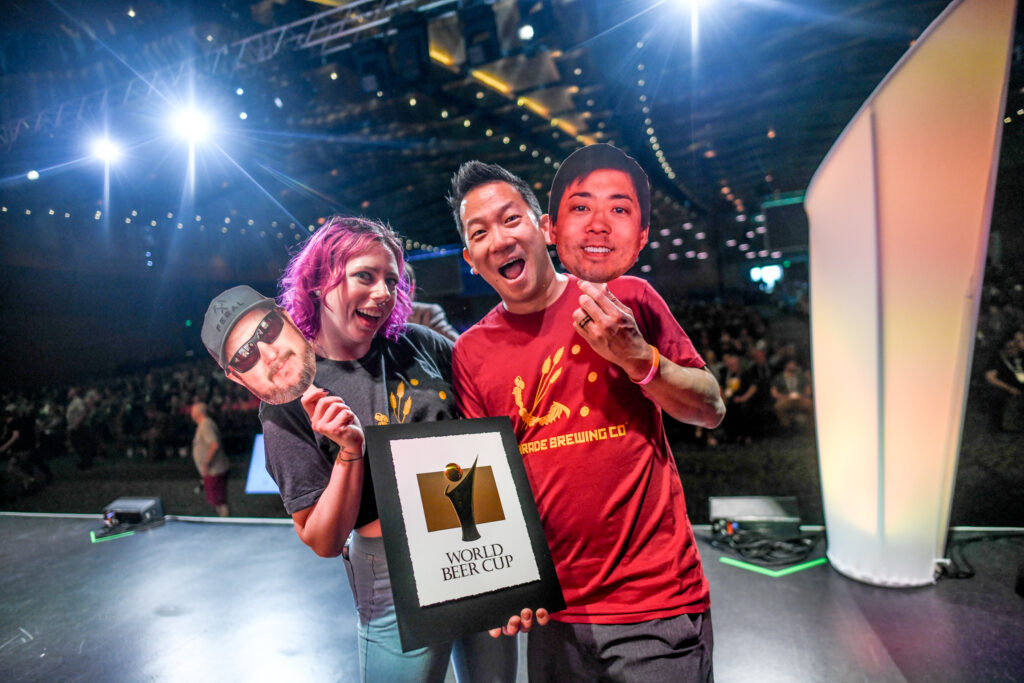
Judges
The judges themselves are hugely impressive. They comprise internationally recognised brewers, sensory analysts, beer sommeliers, and brewing consultants from all over the world. All are experts in their fields, some have judged many World Beer Cups before while others are first time judges. Approximately 12-15% of new judges are introduced every year to keep the panel fresh and introduce new perspectives. Being selected as a World Beer Cup judge is a feat in itself.
Potential judges apply online and require three references testifying to their sensory abilities, overall knowledge of beer and beer styles and general demeanour. They may need to wait at least three years to be considered, such is the interest in gaining a coveted place on the judging panel. Chris Williams hand picks the final list of judges ensuring no brewer who has entered beers into the competition judges his/her beer.
This year 105 of the 272 judges came from outside the USA. At times, the room was completely silent as judges concentrated on analysing and evaluating the beers in front of them. Robust discussion only takes place once all judges at the table have completed their evaluation and is led by a designated lead judge.
Long-time World Beer Cup judge Matt Brynildson, brewmaster of Firestone Walker Brewing Co, in Paso Robles, CA, explains why winning at World Beer Cup is important: “Winning has a huge impact internally and it’s a big morale booster. It gives us a lot of street cred within the brewing industry and the feedback is really important just knowing what you’re doing. Entering beers into competitions is the one time of year when you pay a little more attention to that batch, and you go through your recipe in more detail. A little friendly competition goes a long way to bolster quality in any organisation.”
He continues: “I judge World Beer Cup for a couple of reasons, first there’s so many international brewers and judges it’s a great networking opportunity and I particularly enjoy talking to brewing idols like Frank Boon. Secondly, I take inspiration from the beers I judge.
“Typically, I ask for styles that are outside my comfort zone because I find there’s no better way to get to know a style than by tasting some of the best representations on the table and fully understanding the beer style by tasting them with other judges who know the style. Many times I’ve sat at the judging table and thought ‘wow, I really need to make that’. Every single one of my judging experiences leads to some kind of new beer or attempt at a new beer.”
Winners
Winners were announced at an Awards ceremony on the final night of Craft Brewers Conference. The passion and pride on winners’ faces as they bounded on stage to collect their Award was a sight to behold and the excitement was electric. WBC awarded gold, silver and bronze medals to 307 winners from 103 categories covering 176 different beer styles. Williams comments: “Receiving a WBC award is testament to quality and innovation and we commend this year’s winners for setting the bar higher than ever.”
Flying the flag for the UK was Bristol based Lost & Grounded who won gold for its Keller Pils in the Kellerbier or Zwickelbier category. Co-founder Alex Troncoso comments: “For us the World Beer Cup is not only the biggest, but also the most difficult competition in the world in which to win a medal. I’ve been a judge several times and the degree of scrutiny the beers are subjected to by the judging panel is very tough. Not only that, to win a medal could typically mean your beer has been tasted by three different panels. Winning gold was HUGE for us, especially for our flagship Keller Pils. We have continued to work on Keller Pils for almost seven years, and the win was validation that our efforts have been noticed.”
Get Involved
Next year World Beer Cup and Craft Brewers Conference will be held in Las Vegas, 21-24 April 2023. Registration for World Beer Cup opens in November 2024. More info: World Beer Cup





